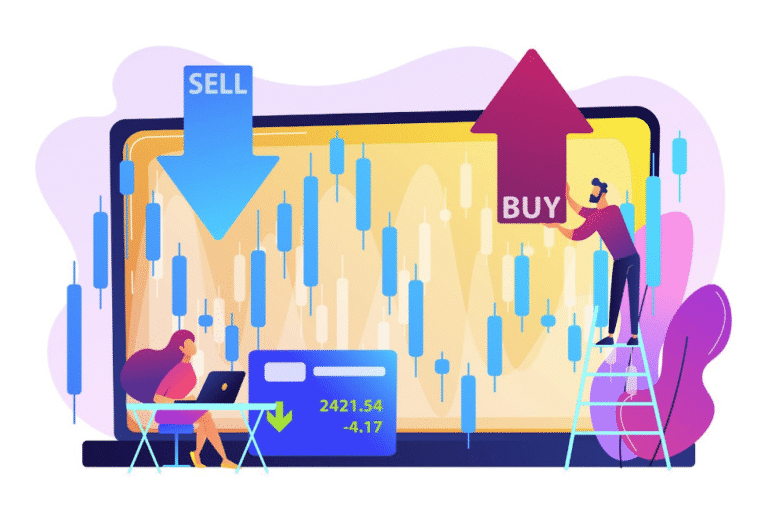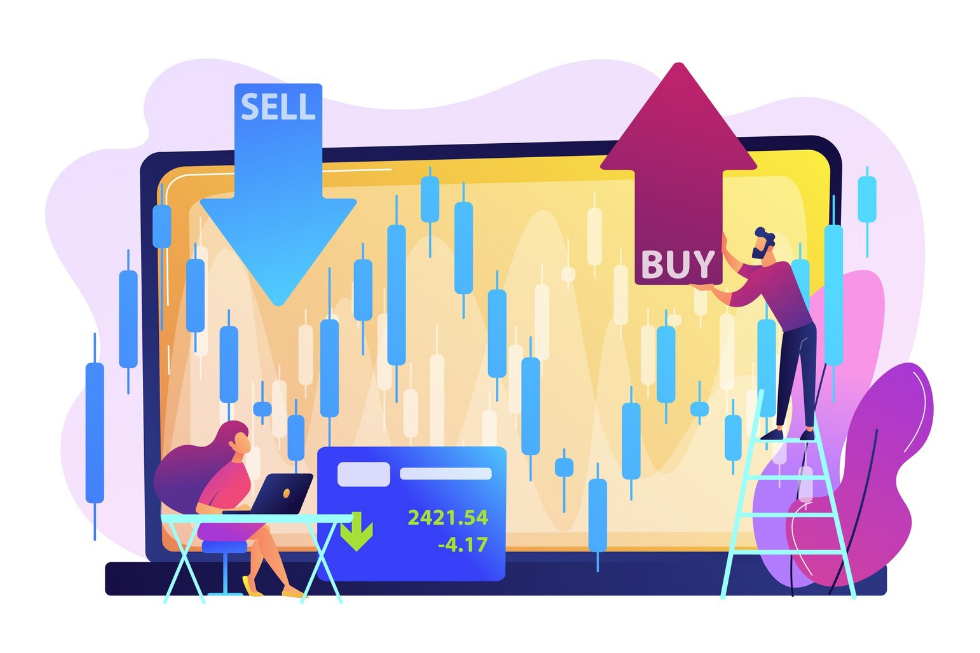CFD Trading Explained: What It Is and How It Works
Contracts for Difference, more commonly known as CFD Trading, represent a modern way of engaging with financial markets. Instead of purchasing physical assets such as stocks, gold, or oil, you trade on their price movements. This distinction is important because it allows you to speculate on whether prices will rise or fall without ever owning the underlying asset. As a result, CFD Trading provides access to a wide range of markets, including forex, indices, commodities, and cryptocurrencies.

CFD in Simple Terms
To better understand what CFD is, it is an agreement between you and your broker to exchange the difference in price from the moment a trade opens until it closes. If the market moves in your favor, you profit. However, if it moves against you, you take a loss. This straightforward mechanism explains why so many traders prefer CFDs to traditional investments.
How Does CFD Trading Work?
Understanding how CFD Trading functions is essential before you risk real money. The process starts with selecting an asset, such as a stock, currency pair, or commodity. Once chosen, you decide whether you expect the price to rise or fall. If you predict an upward movement, you open a “buy” position. If you anticipate a decline, you open a “sell” position.
Profits or losses depend on the difference between the entry and exit prices of your trade. For example, if you buy a stock CFD at $100 and close it at $110, you earn the $10 difference multiplied by the value of the contracts held. The same principle applies when going short, except your gains come from price decreases. This approach gives traders a high level of flexibility compared to traditional ownership.
Leverage also plays a central role. With leverage, you only need to deposit a fraction of the trade’s face value, known as margin. While this magnifies your potential returns, it also increases risk exposure. For this reason, traders must manage leverage responsibly. Risk management tools such as stop-loss orders and take-profit levels can help reduce losses and lock in gains.
Benefits and Opportunities of CFD Trading
One of the strongest appeals of CFD Trading is its accessibility. With relatively small capital, you can open trades in major financial markets worldwide. This means you do not need to invest large sums to participate in trading opportunities. In addition, CFD platforms often provide user-friendly interfaces, making it easier for beginners to navigate and place trades confidently.
Another benefit lies in diversification. Instead of sticking to just one market, CFDs let you trade different asset classes such as forex, commodities, indices, and shares, all from a single account. This variety allows you to balance risks while exploring multiple revenue streams. Moreover, the ability to trade both rising and falling prices adds more flexibility to your strategies.
The speed of execution also enhances trading opportunities. Since CFDs are traded electronically, orders can be opened and closed in seconds. Quick execution is crucial in volatile markets where price changes happen rapidly. As a result, traders can respond swiftly to market news and global events.
Risks and Considerations in CFD Trading
While it offers flexibility and opportunities, CFD Trading also carries significant risks that every trader must recognize. The most critical factor is leverage. Although leverage can amplify profits, it can also magnify losses. Even small price movements can lead to substantial gains or losses when you trade with borrowed capital. Therefore, discipline and risk management are non-negotiable.
Another consideration is volatility. Financial markets are unpredictable, and sudden price swings can impact your positions. Traders who fail to set stop-loss orders or ignore risk management often experience rapid account losses. To minimize this, successful traders combine technical analysis, fundamental insights, and emotional discipline.

